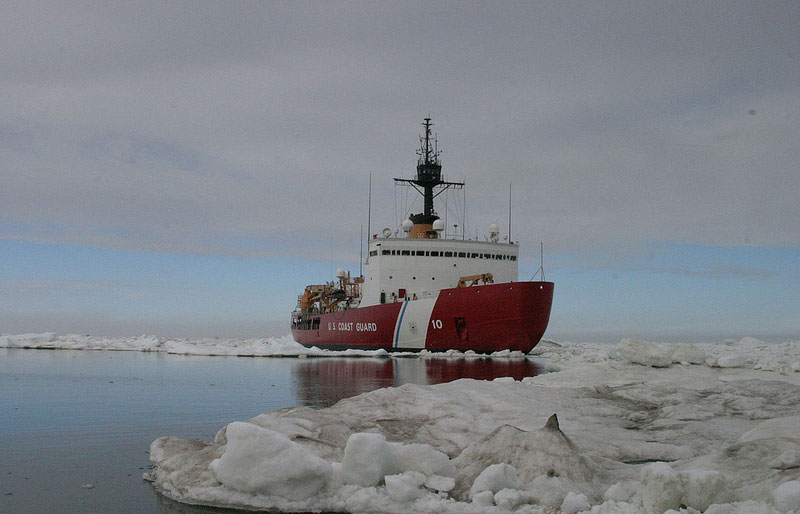House transportation leaders this week introduced legislation that would make many regulatory and policy changes at the Coast Guard that involve maritime employment, vessel discharges, modernizing the service’s aging fleet, Coast Guard housing, icebreaking and grants for small shipyards.
The Coast Guard and Maritime Transportation Act of 2014 would also give statutory backbone to the development of a National Maritime Strategy by formally requiring the Maritime Administration to create a plan that would assure the future of the U.S. merchant marine. Marad has already begun the process of crafting such a strategy by holding several meetings with stakeholders to flesh out ideas.
“This bill ensures the men and women of the Coast Guard have the tools they need to carry out their critical missions, enforce our laws on U.S. waters and on the high seas, and safeguard our nation’s maritime interests around the world,” Bill Shuster, R-Pa., chairman of the House Transportation and Infrastructure Committee, said in a statement. “This bill also recognizes how essential a healthy maritime transportation sector is to our economy, our competitiveness and our national security.”
The legislation addresses several issues cited in the national maritime strategy meetings, most notably by proposing changes that will make it easier for veterans to qualify for maritime industry jobs.
Current regulations require merchant mariners seeking to serve as officers on commercial vessels to show that they have served at least three months on a similar sized vessel within the last three years. This presents a hardship to many retiring Navy and Coast Guard servicemembers who otherwise qualify to serve as an officer but may not have served on a vessel during their last tour of duty.
The legislation would require proof of service on a vessel for three months within the last seven years. The Coast Guard would be required to provide retired servicemembers with the necessary paperwork documenting their sea time so that this can be presented for employment in the maritime sector.
“This is a great industry for veterans,” said Rep. Duncan Hunter, R-Calif., chair of the House Coast Guard subcommittee, which prepared the legislation. “At Camp Pendleton in California, for instance, we have veterans from Louisiana and the southern states and it would be a great fit for them to go home and work in this industry.”
The Coast Guard authorization bill would also:
- Authorize the Coast Guard’s budget for FY 2015 and 2016 at the current level of $8.7 billion.
- Prohibit the Coast Guard from doing icebreaking patrols for foreign-flagged vessels unless it is paid for the services.
- Exempt small commercial vessels less than 79' and without ballast tanks from having to obtain EPA permits to discharge rainwater runoff, air conditioning condensation and bilge water from their vessels.
- Phase in a requirement that passenger vessels carry out-of-water survival craft in certain waters.
- Expand resources for Coast Guard housing.
- Revive grants for small shipyards program.
- Require a plan for the decommissioning of the 210' Medium Endurance Cutters and extending the life of the 270' MECs, while the service acquires their replacement fleet.
- Encourage the Coast Guard to work with the private sector in developing new technologies.




